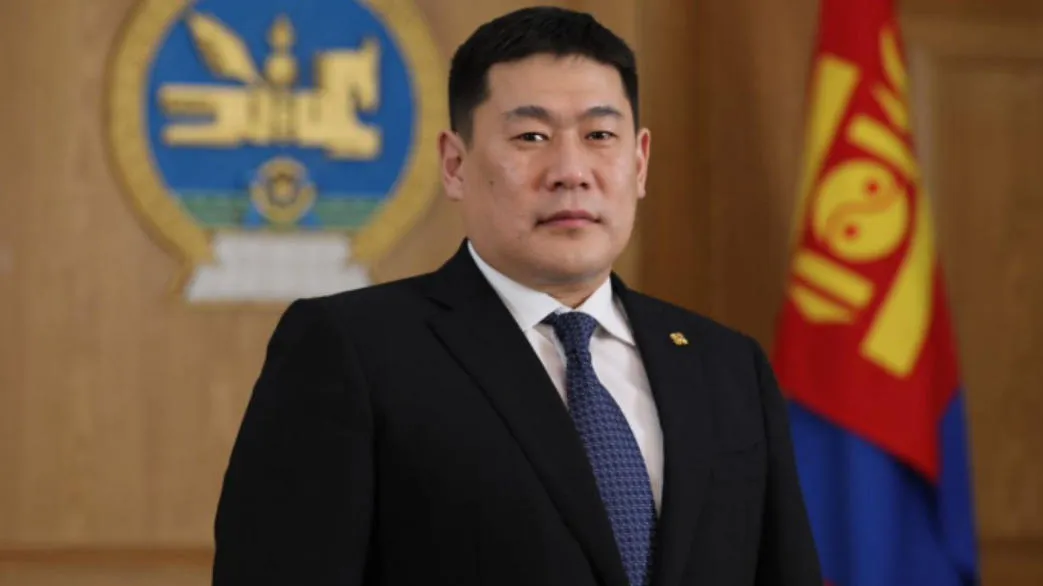Mongolia is facing a political shake-up after Prime Minister Oyun-Erdene Luvsannamsrai resigned following a lost confidence vote in parliament. The decision has sent ripples through the country’s political system and raised questions about what comes next for the resource-rich democracy.
What Led to the Confidence Vote?
The Mongolian Prime Minister’s resignation did not come out of the blue. Mounting public dissatisfaction over economic struggles, rising inflation, and concerns about government transparency have been growing for months. Although Mongolia has seen economic gains through its mining sector, those gains haven’t been evenly distributed. The opposition used this frustration to challenge the Prime Minister’s leadership, culminating in a no-confidence motion in parliament.
The vote was held after weeks of political maneuvering. Members of the opposition argued that the Prime Minister had failed to deliver on key promises, including anti-corruption efforts and reforms aimed at strengthening democratic institutions. In the end, a majority of lawmakers agreed, and the confidence vote was lost.
The Aftermath of the PM’s Resignation
Following the defeat, the Mongolian PM officially resigned, as is customary in parliamentary systems. His exit marks a critical turning point for Mongolia’s political scene. President Ukhnaagiin Khürelsükh must now nominate a new Prime Minister, who will then need parliamentary approval. Until then, a caretaker government will remain in place.
The resignation opens the door for both reform and further instability, depending on how the political vacuum is filled. With elections on the horizon and public trust in the government at a low point, the ruling Mongolian People’s Party will have to move quickly to restore confidence and avoid losing ground to challengers.
What This Means for Mongolia
Mongolia has long been seen as a stable democracy sandwiched between two powerful neighbors—China and Russia. But the resignation of the Mongolian PM after losing a confidence vote signals deeper unrest. Citizens are demanding accountability and a more equitable economy, and this political shift could be a reflection of those demands finally being taken seriously.
Whether this leads to meaningful change or more political gridlock remains to be seen. What’s clear is that Mongolia is at a crossroads, and the decisions made in the coming weeks will shape its political future.
Conclusion
The Mongolian PM’s resignation after losing a confidence vote underscores the country’s ongoing political and economic challenges. As Mongolia grapples with leadership changes, all eyes will be on the next Prime Minister and how they plan to steer the country forward.



